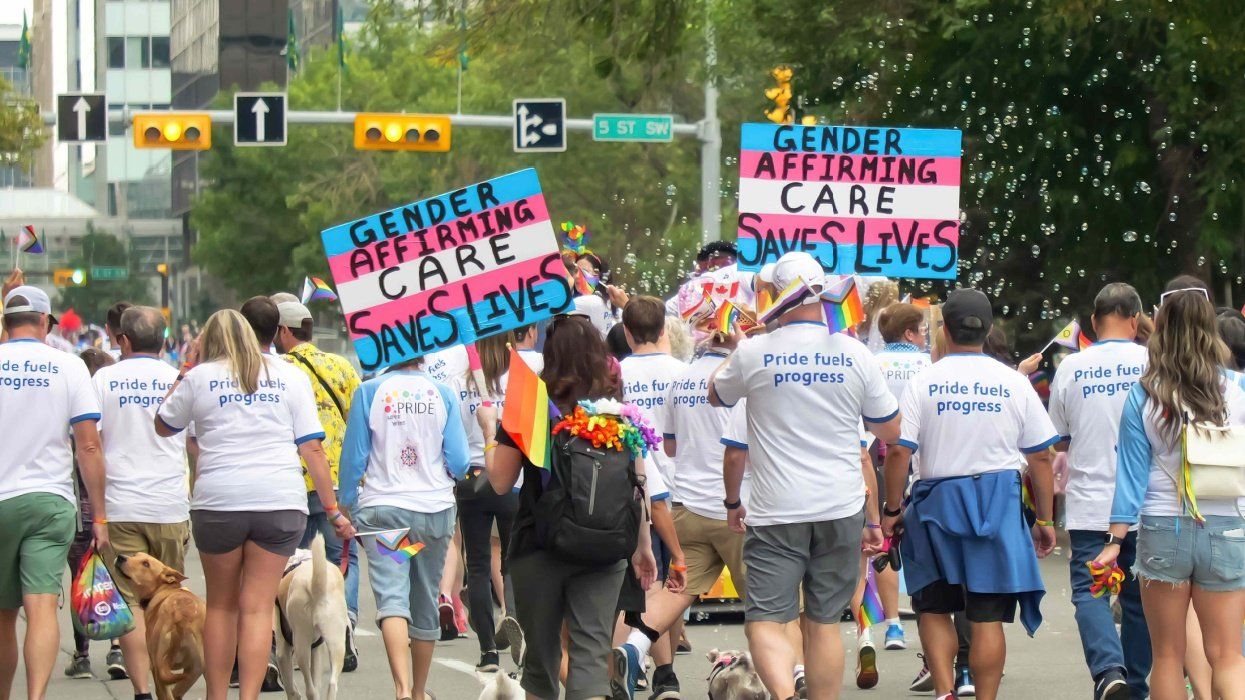A new study in Australia shows puberty blockers are both safe and reversible, undercutting arguments leveled against providing transgender health care for minors.
The latest findings come from a Sax Institute review. That was commissioned by the government in New South Wales amid local controversy about gender-affirming treatments offered to minors. A Four Corners report found a massive drop in the number of patients seeking care at Westmead Children’s Hospital, according to ABC News (the Australian equivalent of the BBC).
The Four Corners study cited "high rates of adverse childhood experiences including family conflict, parental mental illness and loss of important figures via separation," looking at a group of less than 80 patients at a single hospital.
But the Sax Institute study looked at a wider research set and scientific literature from 2019 to 2023. While it said further research should be done in the field of gender dysphoria treatment, existing data shows “positive results across the domains of body image, gender dysphoria, depression, anxiety, suicide risk, quality of life and cognitive function.”
The reports seem to suggest further advances in the field can address the shortcomings of treatments available today. It recommends further study of any potential association between gender-affirming care and child bone density, but said any evidence treatment compromises bones “remains low.”
The Institute did find that data remains scant on certain aspects of the benefits or drawbacks of gender care for children.
"Although studies reporting positive mental health outcomes following GAHT (gender affirming hormone treatment) outnumber those with neutral or negative findings, considerable flaws remain in the evidence because of generally low participation rates of target groups, inadequate representation of young people and/or poor study designs and conduct,” the report found.
The study also determined “regret levels” among patients later in life remain low, including for those receiving gender-affirming surgeries.
“Although the evidence base is expanded and generally supports chest surgery, confidence in findings is low because of a lack of studies and/or poor study quality, use of mixed surgery populations and the confounding effect of hormone and other therapies, which almost always precede surgery,” the study found.















